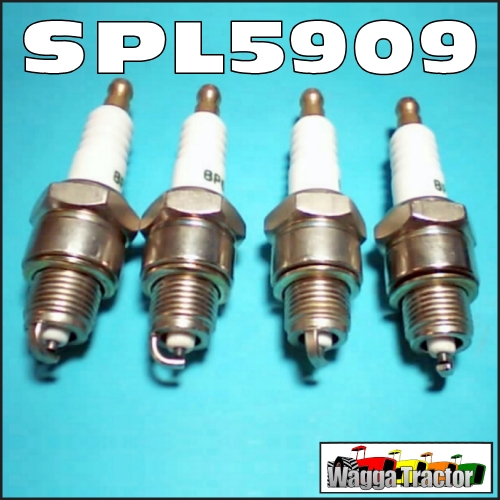
Sounds like you've covered all the bases I'd think of. Maybe a combination of heat expansion and pulling from engine torque weakened the connection. I eventually discovered a coil wire was too short and had poor terminal connection. My ’52 Nash-Healey had intermittent weak spark and only after it had ran awhile. Of course, the old wiring might be a problem. I'd take readings when the when the tractor is cold and again after if it quits. I think I'd try to get some specs and measure the resistances. I think my ford manual gives specs for coil primary and secondary winding circuits. The coil ends up being for a 6V system or else and external resister is missing or is wrong. Įvery now and then similar stories are heard about 6V to 12V conversions of old Fords. Is the system early electronic or points? Did you replace the points?. Wiring is routed correctly per wiring schematic but wiring is original (old). Plugs and points gapped correctly and timing is correct. Ignition switch, plug wires, distributor cap, and rotor are new. What can be causing the coil to overheat? Alternator, voltage regulator, and battery output all check good. There are no exhaust manifold leaks to contribute to the overheating condition. I repositioned the coil in its mount so it is as far away from the engine as possible, about three inches. The coil is mounted in its original position next to the distributor on a phenolic mount, to prevent heat transfer. Although coil is not OEM I am told it is correct for this tractor. Coil is internal resistor type, correct for this application. Coil has been replaced twice suspecting a defective coil. When tractor sits for a couple of hours, tractor will start and everything works fine. Pulled high-tension lead from distributor and verified coil was not working, i.e.

Ignition coil gets hot and quits working after tractor is run a couple of hours. 1974 MF135 with an AG3.152 Perkins gas engine.


 0 kommentar(er)
0 kommentar(er)
